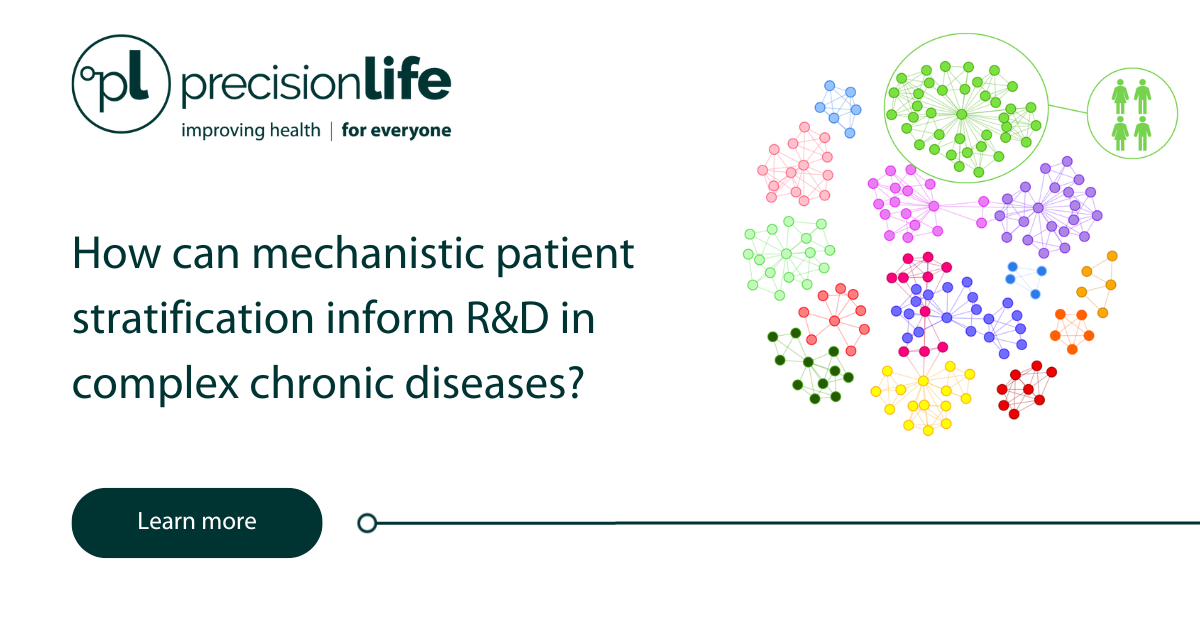Any updates? I think WGS is extremely interesting for, especially with the use of AI. A new world. I imagine that more and more hospitals will use it as WGS is becoming very cheap, and with the AI revolution.
How many could find out why they are sick? Either through a definitive pathogenic variant or variants that causes and drives the disease, or through findings that may lay the groundwork for us to develop ME. I saw a new study which found rare/pathogenic variants linked with mitochondrial disease.
I myself did a WGS with Nebula (now DNA complete). I chose 30x which was more expensive than 1x. As I understand it the genome is only read once with 1x, and those results can be trusted. I did a muscle and metabolic gene panel with my hospital. They used 20x.
Could WGS + AI be a gamechanger? I myself found several suggested pathogenic variants, several in genes that are crucial for the mitochondria and for the production of ATP. I contacted several researchers who think I suffer from an oligopolic mitochondrial disease which also is worsened by a non dystrophic myotonia (channelopathy) which leads to buildup of lactic acid, muscle cramps, muscle pain, PEM.
One researcher found one of my variants to be so interesting that he is doing a study with genetically edited mice eith my variant (which is very rare).
I asked Perplexity about WGS+AI:
While ChatGPT summarized it this way:
What are your thoughts, and have you considered WGS? It is big decision as it is almost impossible to not figure out certain risk variants like if one is at risk for Alzheimer’s. It is also not easy to analyze and interpret the results, but it is doable for some if one can concentrate and if one is somewhat analytical.
How many could find out why they are sick? Either through a definitive pathogenic variant or variants that causes and drives the disease, or through findings that may lay the groundwork for us to develop ME. I saw a new study which found rare/pathogenic variants linked with mitochondrial disease.
I myself did a WGS with Nebula (now DNA complete). I chose 30x which was more expensive than 1x. As I understand it the genome is only read once with 1x, and those results can be trusted. I did a muscle and metabolic gene panel with my hospital. They used 20x.
Could WGS + AI be a gamechanger? I myself found several suggested pathogenic variants, several in genes that are crucial for the mitochondria and for the production of ATP. I contacted several researchers who think I suffer from an oligopolic mitochondrial disease which also is worsened by a non dystrophic myotonia (channelopathy) which leads to buildup of lactic acid, muscle cramps, muscle pain, PEM.
One researcher found one of my variants to be so interesting that he is doing a study with genetically edited mice eith my variant (which is very rare).
I asked Perplexity about WGS+AI:
Diagnostic Applications
Small-scale WGS studies have shown remarkable diagnostic yield. One analysis of 18 ME/CFS patients identified disease-associated variants in 89% of cases, primarily in ion transport channels and mitochondrial pathways. This led to new treatment options in 83% of patients, with 57% showing substantial clinical improvement when treatments targeted identified pathways.[neuroneeds]
For mitochondrial diseases that overlap phenotypically with ME/CFS, WGS achieved 53.7% diagnostic rates and enabled precise treatment guidance, including disease-specific therapies and avoidance of contraindicated medications. The comprehensive bigenomic sequencing approach (nuclear and mitochondrial DNA) proved superior to targeted panels or exome sequencing.[pmc.ncbi.nlm.nih]
Patient Stratification
Combinatorial analysis identified 15 distinct ME/CFS patient subgroups with shared disease etiologies. For example, Subgroup 9 (27% of patients) involves mitochondrial respiration regulation via AKAP1, while Subgroup 15 involves neurotransmitter pathways through SLC6A11. This stratification enables precision medicine by matching patients to mechanism-specific therapies.[pmc.ncbi.nlm.nih +2] For individual patients, particularly those with suspected mitochondrial or specific monogenic contributions to their ME/CFS phenotype, WGS may provide actionable diagnostic information now. For the broader ME/CFS population, the technology is establishing the biological foundation necessary for future precision medicine approaches but requires several more years of development before routine clinical application.[ainvest +3] Sources:
NeuroNeeds - “Whole Genome Sequencing in 18 patients with Chronic Fatigue” (December 2022)[neuroneeds]
PMC/NIH - “Use of Whole-Genome Sequencing for Mitochondrial Disease Diagnosis” (August 2022)[pmc.ncbi.nlm.nih]
Whole Genome Sequencing in 18 patients with Chronic Fatigue - Neuroneeds
By: Richard G. Boles, M.D. - Dec. 15, 2022 Chronic fatigue is often of unknown cause and is a major factor in suffering and disabilitywww.neuroneeds.com
PMC/NIH - “Genetic risk factors for ME/CFS identified using combinatorial analysis” (December 2022)[pmc.ncbi.nlm.nih]Use of Whole-Genome Sequencing for Mitochondrial Disease Diagnosis - PMC
Mitochondrial diseases (MDs) are the commonest group of heritable metabolic disorders. Phenotypic diversity can make molecular diagnosis challenging, and causative genetic variants may reside in either mitochondrial or nuclear DNA. A single ...pmc.ncbi.nlm.nih.gov
Precision Life - “How does patient stratification inform biopharma in complex chronic disease?”[precisionlife]Genetic risk factors for ME/CFS identified using combinatorial analysis - PMC
Myalgic encephalomyelitis/chronic fatigue syndrome (ME/CFS) is a debilitating chronic disease that lacks known pathogenesis, distinctive diagnostic criteria, and effective treatment options. Understanding the genetic (and other) risk factors ...pmc.ncbi.nlm.nih.gov
ME/CFS Research Review - “New study links 14 genes to ME/CFS” (September 2022)[mecfsresearchreview]
How can mechanistic patient stratification inform R&D?
Groundbreaking drug discovery insights revealed by stratifying patients with combinatorial analytics improve the probability of successful drug developmentprecisionlife.com
PMC/NIH - “Machine learning and multi-omics in precision medicine for ME/CFS” (January 2025)[pmc.ncbi.nlm.nih]
New study links 14 genes to ME/CFS
A study has analysed existing genetic data in a new way to link 14 genes to ME/CFS and identify many patient subgroups. If the new approach pans out, it could transform ME research and turbocharge …mecfsresearchreview.me
AInvest - “Genetic Breakthrough in ME/CFS: A New Frontier for Biotech” (August 2025)[ainvest]Machine learning and multi-omics in precision medicine for ME/CFS - PMC
Myalgic Encephalomyelitis/Chronic Fatigue Syndrome (ME/CFS) is a complex and multifaceted disorder that defies simplistic characterisation. Traditional approaches to diagnosing and treating ME/CFS have often fallen short due to the condition’s ...pmc.ncbi.nlm.nih.gov

Genetic Breakthrough in ME/CFS: A New Frontier for Biotech and Precision Medicine
Genetic Breakthrough in ME/CFS: A New Frontier for Biotech and Precision Medicinewww.ainvest.com
While ChatGPT summarized it this way:
In ME/CFS cohorts, about 2–5 % of patients who undergo full WGS may discover a definitive or likely mitochondrial/metabolic disorder, and another 10–15 % show rare variants of uncertain but high pathogenic potential that clarify biology or point to treatable pathways (e.g., OXPHOS, fatty-acid oxidation, or channelopathies).
So while not a universal solution, WGS + AI can yield clinically meaningful insights for roughly 1 in 5 ME-diagnosed patients, especially those with early, severe, or multisystem disease
What are your thoughts, and have you considered WGS? It is big decision as it is almost impossible to not figure out certain risk variants like if one is at risk for Alzheimer’s. It is also not easy to analyze and interpret the results, but it is doable for some if one can concentrate and if one is somewhat analytical.
Last edited:
